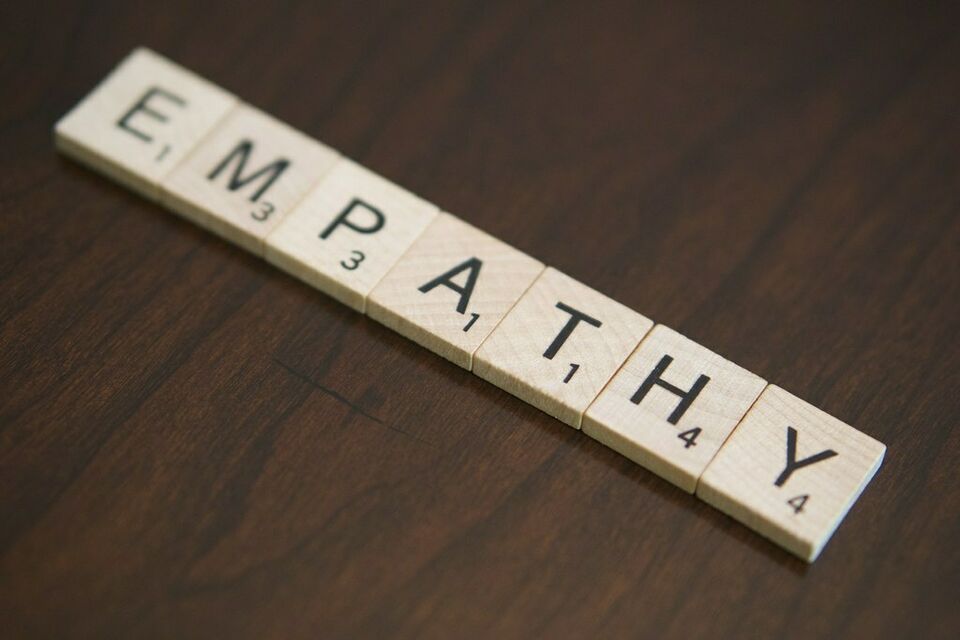As parents, coaches, supervisors, and owners, we are constantly tested on how we lead and how we get our message across or achieve our goals. There is always a temptation to force the result we desire, but we are reminded by Samuel Butler’s words, “A man convinced against his will is of the same opinion still.” Winning the battle is not the same as winning the war; modern tactics have lately favored winning hearts and minds rather than just achieving military domination. If we can get others to relate to our goals, the process of persuasion becomes more of a pull than the old push. Empathy is a powerful attractor.
A few years ago, during COVID, a woman in Illinois waiting impatiently in line at a Chipotle became increasingly worked up. When she was finally served, she lost her temper and accused the server of shorting her on portions, even though she had only asked for the basics with no add-ons. The situation escalated into a heated discussion, further provoked by the irate customer, and ended with the customer throwing the bowl of food at the server. Others in line recorded the incident, immediately posted it online, and the video went viral. The incident gained considerable attention and ultimately ended up in a courtroom. The penalty for assault could be up to 90 days in prison. However, the judge who heard the case tried a different approach to help the defendant understand her responsibility. Instead of sentencing her to 90 days in jail, he proposed just a couple of days behind bars to give her a taste of what she could have faced, along with the requirement to work a minimum of 20 hours a week for two months at a fast food restaurant. He wanted her to experience the other side and help her self-regulate. While not a guaranteed result, it was an interesting approach to putting herself in someone else’s shoes. Empathy and choice about how we behave—how do we get people’s attention to create different results?
If we want to stop people from speeding, instead of issuing a $50 ticket, what if the officer made the speeder wait by the side of the road for a number of minutes per mph over the speed limit? That would capture our attention when we’re late for the airport better than a citation in the mail weeks later. How do we tie consequences to the choices we make in a way that makes us truly aware of their impact?
Lastly, how do we guide people to make choices that are good for them and beneficial for us? How do we make it their choice instead of our command while still accomplishing the mission? My wife taught me a great lesson when our boys were very young. It was bedtime, but one son did not want to be told to go. I was ready to assert my authority, raise my voice, and impose a consequence for failing to obey the order to go upstairs and put on his pajamas.
My wife motioned me to step aside and simply asked our son whether he wanted her to carry him upstairs to bed or if he wanted to walk himself. In a matter of seconds, he said, “I’ll walk on my own,” and went up by himself. Conflict averted and lesson learned! He got what he wanted, and so did we.
“The most important thing in communication is hearing what isn’t said.” — Peter Drucker
